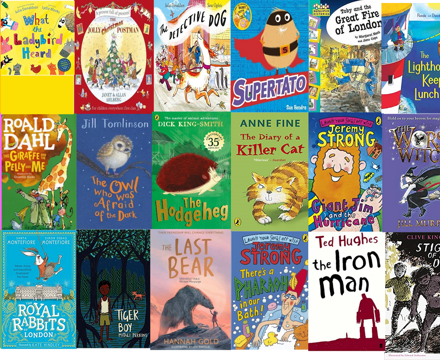Reading
Wansdyke approach to Reading Instruction:
At Wansdyke School, once children have mastered phonics, they embark on a rich and structured reading journey designed to promote confident, fluent, and thoughtful readers. Our approach is deeply informed by the research of Christopher Such and Doug Lemov, whose work on fluency, vocabulary development, and primary reading has shaped our practice. We believe that reading is both a gateway to academic success as well as means to develop personal and moral fibre.
Intent:
Our intent is clear: we aim to nurture “Readers for Life.” This means equipping pupils with the skills to decode and comprehend texts, while also fostering a genuine love of reading. We create a language-rich environment where children are immersed in high-quality literature and exposed to a wide range of vocabulary. This foundation enables them to access meaning, articulate ideas, and connect with texts on a deeper level. Vocabulary building and background knowledge are central to our strategy, as we recognise that these elements are essential for comprehension and critical engagement with texts.
Implementation:
Reading is taught daily through our bespoke ‘Book Club’ sessions, which are the heart of our implementation strategy. Each session lasts 30 minutes and is carefully structured around three lesson types: Extended Read, Fluency Read, and Close Read.
- Extended Reads allow pupils to explore texts in depth, developing their analytical and inferential skills.
- Fluency Reads focus on building automaticity, expression, and pace, using techniques such as echo reading and repeated reading.
- Close Reads encourage pupils to examine language, structure, and authorial intent with precision. These sessions are designed to be interactive, with a balance of teacher-led and pupil-led reading, oral and written responses, and carefully crafted questions that promote deeper thinking.
Poetry and non-fiction are integral to our reading curriculum. Pupils engage with a wide variety of genres, ensuring they experience these important as[ects of written texts. Our reading spine includes texts that reflect different cultures, backgrounds, and perspectives, helping children build cultural capital and empathy. Through our engaging reading lessons, we encourage children to develop reading for pleasure and to see themselves as readers in the school.
Story time is a cherished part of the day, offering uninterrupted opportunities to enjoy high-quality books purely for pleasure, without the pressure of analysis.
Impact:
The impact of our reading curriculum is measured through both formative and summative assessments. Teachers observe pupils’ verbal and written responses during Book Club, monitor progress through reading records, and use tools such as NFER tests and statutory assessments to track achievement. Pupils are also invited to discuss the books they’ve read, allowing teachers to gauge engagement and understanding.
Our reading provision is designed to inspire, empower, and support every learner. By prioritising vocabulary, background knowledge, and fluency, we ensure that all children, regardless of starting point, an access the joy and power that reading brings.
Downloads
| Page Downloads |
|---|
| Reading Policy |






